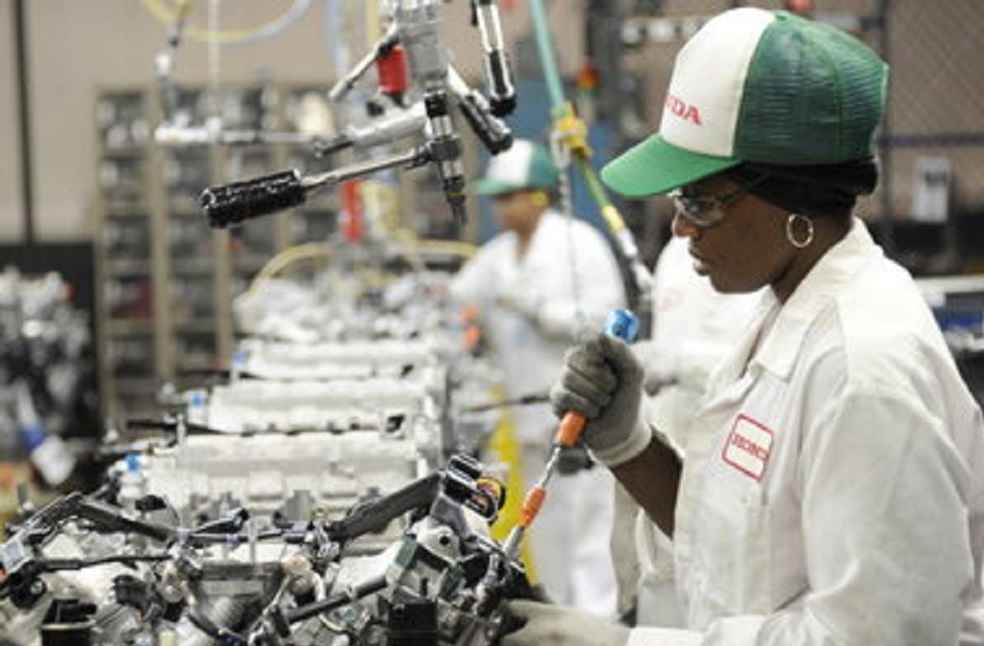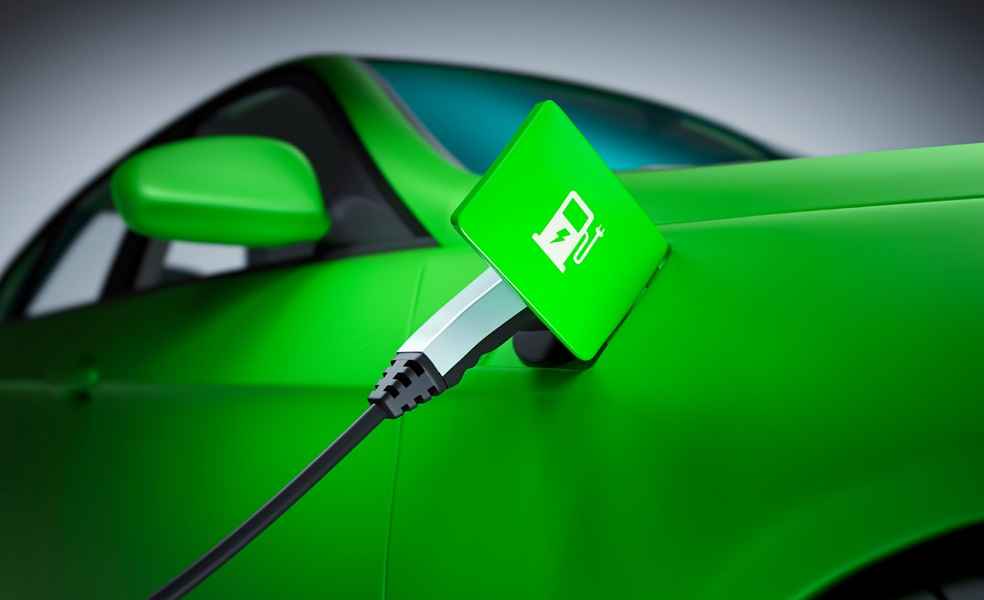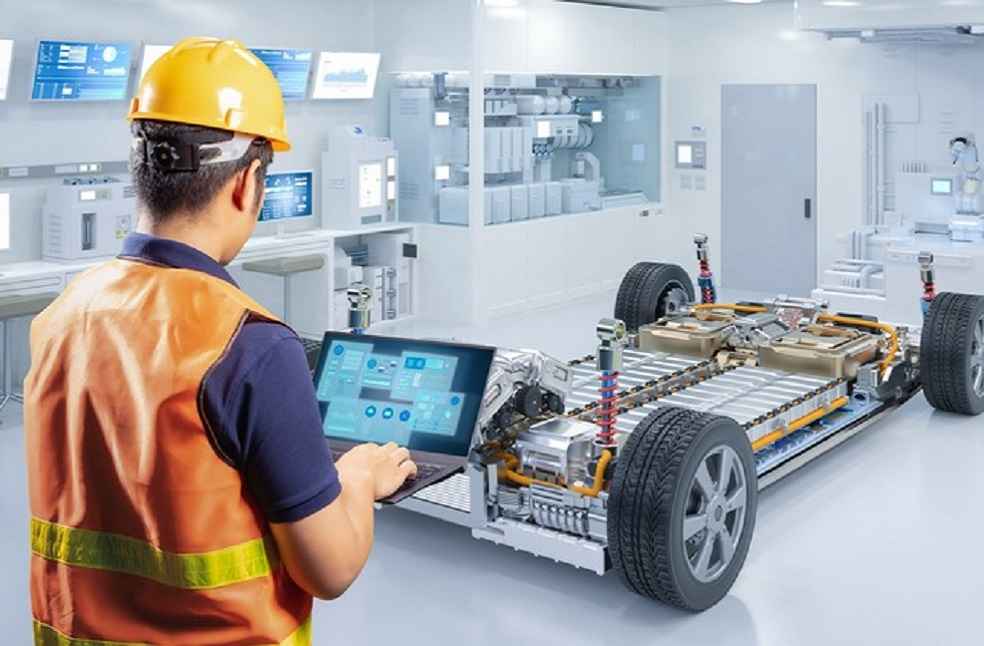The unveiling of an EV tax credit within the recent federal budget has ignited industry conjecture regarding a significant impending investment by Honda Motor in Canada’s burgeoning EV landscape.
This legislative proposal offers a 10-percent rebate for the construction costs of new facilities destined for the EV supply chain. This incentive complements existing supports such as a 30-percent manufacturing investment tax credit and various provincial aids, but uniquely targets comprehensive investments across battery production, cathode active material manufacturing, and vehicle assembly.
Presently, Honda stands as the sole automaker entrenched in discussions with both federal and provincial authorities concerning an EV venture of this magnitude in Canada. Earlier revelations by Japanese news outlet Nikkei suggested that Honda might be considering an investment nearing $18.5 billion, which would significantly fortify the Canadian EV supply chain, surpassing the commitments from global competitors like Volkswagen Group and Stellantis NV.

Recent diplomatic missions to Japan, including a notable visit by Ontario’s Economic Development Minister Vic Fedeli, suggest that the government is poised to secure a deal. Industry luminaries view the new tax credit as a pivotal element poised to conclude these negotiations.
“There’s a very short list of very big companies who are looking at a very big investment and talking to Canada, Ontario and Quebec, to whom this would apply. The translation here is that there are big new EV investments coming,” stated Flavio Volpe, President of the Automotive Parts Manufacturers’ Association.
Brendan Sweeney, Managing Director of the Trillium Network for Advanced Manufacturing, concurred, observing that the indicators all suggest an imminent significant announcement. “All the bread crumbs are leading to something,” he remarked.

This strategic pivot by Canada aims to transition from matching extensive subsidies akin to those in the United States to offering more nuanced support packages that might present better economic viability and appeal for investors.
Traditionally, Canada has matched U.S. subsidies to secure investments in battery factories, with anticipated subsidy costs soaring to $13 billion for Volkswagen’s Ontario plant and $15 billion for the Stellantis and LG Energy Solution facility in Windsor. These figures have significantly taxed fiscal resources, prompting a strategic reassessment.
Negotiations with Honda suggest a move toward offering tax incentives on investment costs rather than operational subsidies, potentially easing the governmental fiscal burden.

The comprehensive nature of Honda’s prospective investment, potentially encompassing vehicle assembly and the production of critical battery components, renders it particularly attractive to the Canadian government. This diversified investment strategy may offer sustainable economic benefits compared to pursuing standalone battery manufacturing plants.
While Honda may be the primary beneficiary of these new incentives, discussions also continue with other firms like Toyota Motor, albeit at a preliminary stage, regarding potential EV investments in Canada.
As the industry observes keenly, this development could signify a critical juncture in how Canada competes in the global EV market and shapes its economic strategies within the high-stakes automotive sector. “I think this could be a really useful departure. We have to be competitive with the United States, but we’re a sovereign country. Can we do this in a way that works better for Canada?,” Sweeney concluded.
LATEST | Nissan Models Dominate Cars.com 2024 Best Value List with Top Rankings





